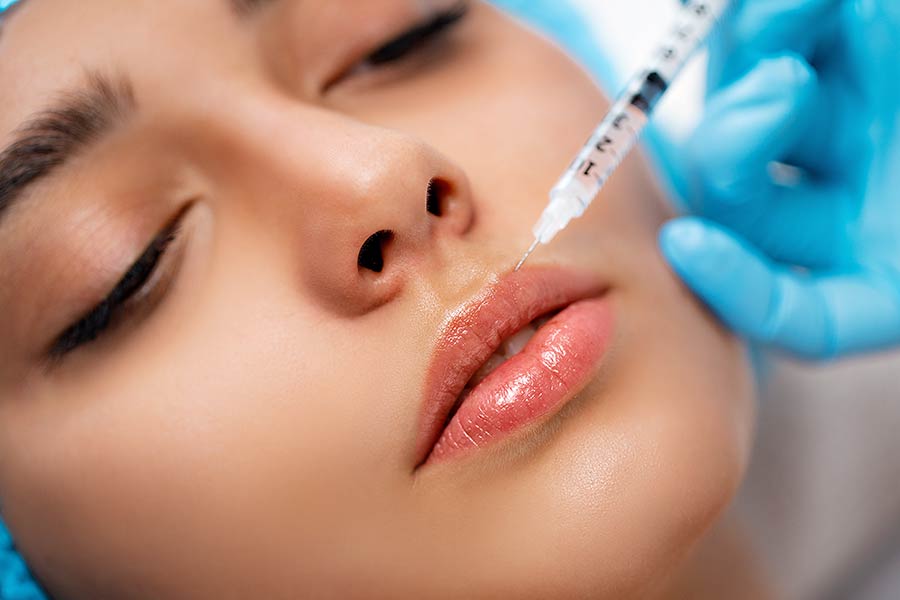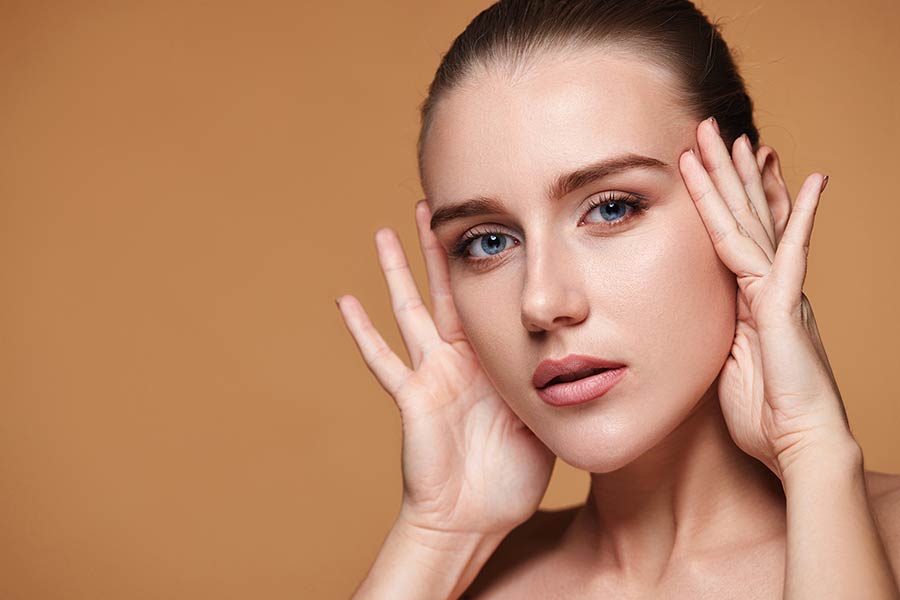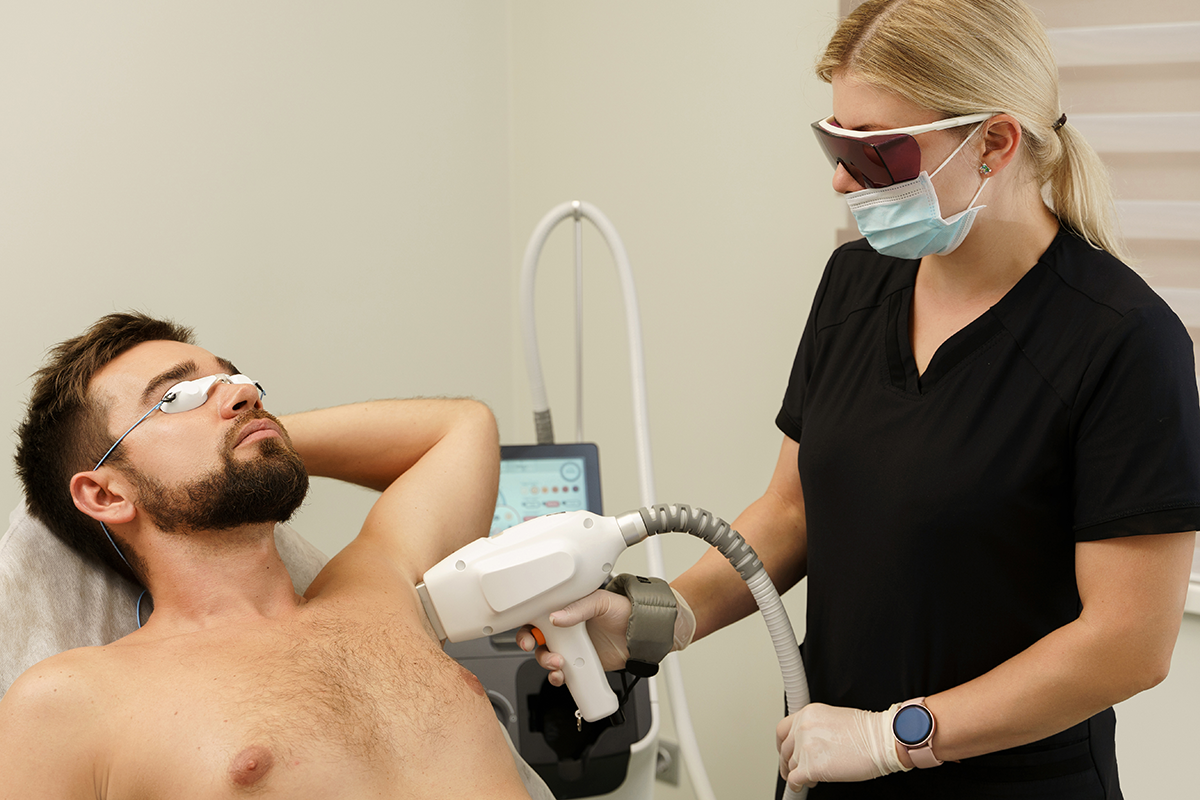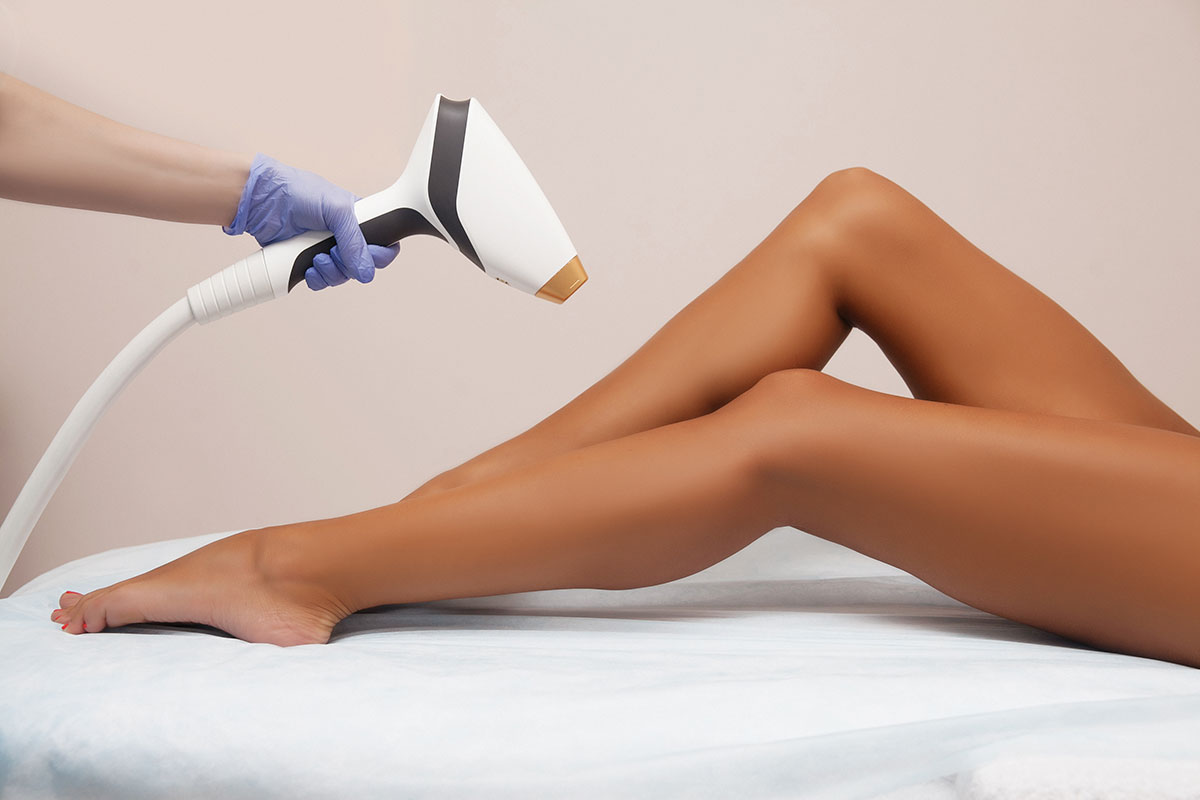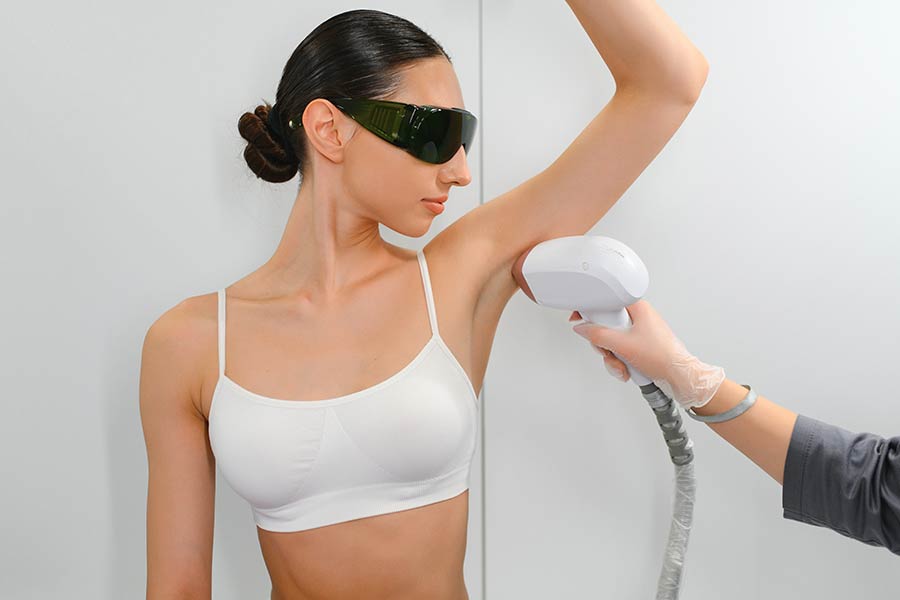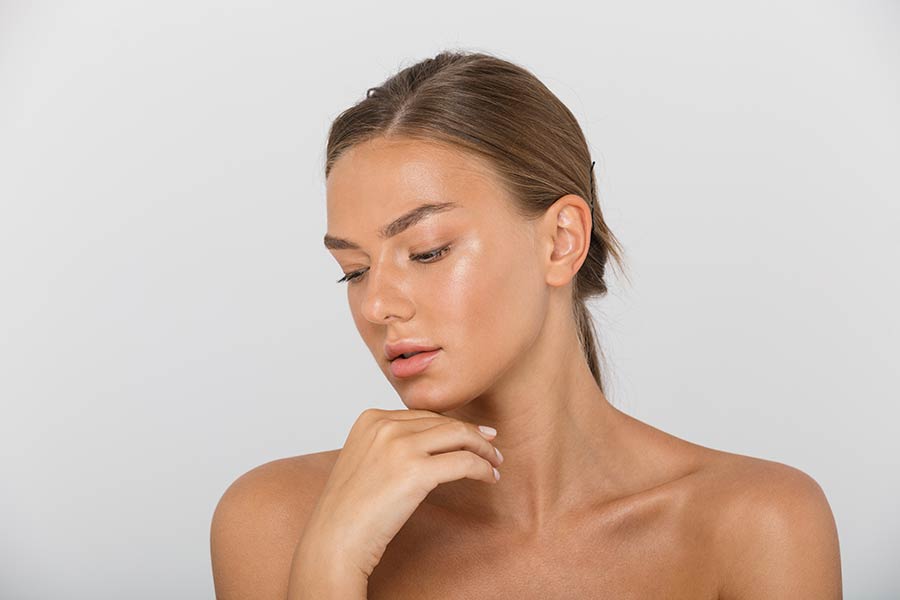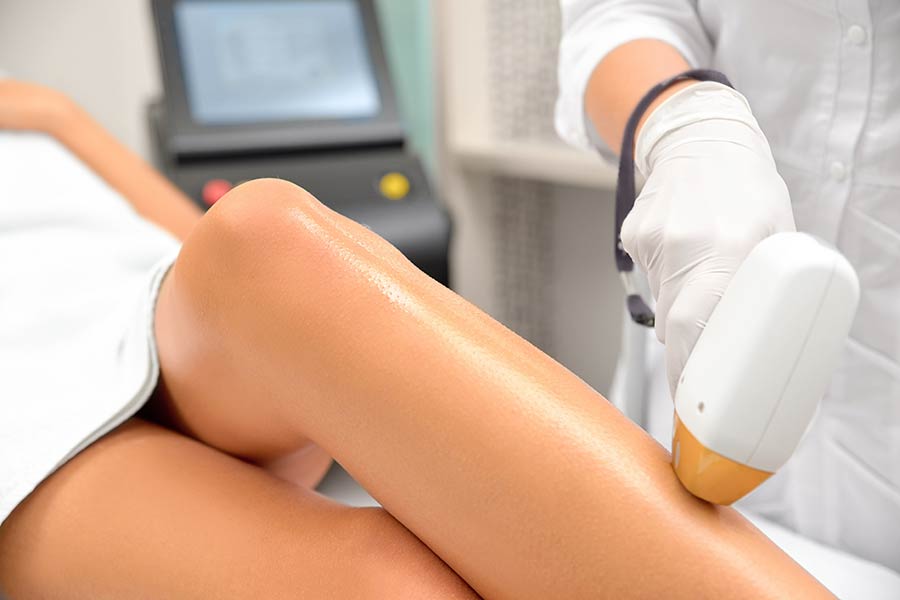Juvederm, a popular dermal filler used for smoothing wrinkles and plumping lips, has become a go-to solution for many seeking youthful skin without surgery. Its rise in popularity over the years is undeniable, with its relatively quick results and minimal downtime. However, like any medical treatment, it's not without its potential downsides. While most people enjoy the benefits of Juvederm without major issues, being aware of possible side effects is crucial. From minor bruising to more significant concerns, understanding these side effects can help you make an informed decision about whether this treatment aligns with your beauty goals. Let’s dive into what you need to know about Juvederm's side effects before taking the plunge.
Key Takeaways
- Dermal fillers like Juvederm are popular for reducing wrinkles, but it's important to know they can have side effects.
- Before getting treatment, talk to your doctor to understand what to expect and how to prepare.
- Common side effects include redness, swelling, and bruising at the injection site, which typically go away on their own.
- Rare, more serious reactions can happen. If you notice anything unusual, see your doctor right away.
- You can lower your risk of side effects by choosing an experienced provider and following pre- and post-treatment care instructions.
- If you're not happy with your results, discuss options with your provider. Some effects can be reversed.
Understanding Dermal Fillers
Types and Uses
Juvederm is a popular brand of dermal fillers used to combat signs of aging. It includes various products, each designed for specific areas of the face. For instance, Juvederm Voluma XC adds volume to the cheek area, while Juvederm Ultra XC and Volbella XC are perfect for lip augmentation and smoothing perioral lines.
These fillers work by using hyaluronic acid, a substance naturally found in the skin, to reduce wrinkles and add volume. This makes the skin look younger and fuller. The versatility of Juvederm extends beyond cosmetic enhancements; it also offers medical benefits such as improving facial symmetry and treating certain conditions like lipodystrophy.
FDA Approvals
Several Juvederm variants have received FDA approval for cosmetic use. These include Juvederm XC, Voluma XC, Vollure XC, Ultra XC, and Volbella XC. FDA approval is crucial as it ensures that these products have met strict safety and efficacy standards.
The FDA recommends most Juvederm treatments for individuals over 21 years old. This age restriction underscores the importance of maturity in making cosmetic enhancement decisions.
Unapproved Risks
Using Juvederm products not approved by the FDA poses significant risks. These unapproved fillers can lead to complications such as infections, allergic reactions, or even more severe issues like vascular occlusion.
It's vital to choose FDA-approved products for dermal filler procedures. This not only guarantees safety but also ensures that you are getting a product that has been rigorously tested for quality and effectiveness.
Preparing for Treatment
Consultation Importance
Before getting Juvederm, it's crucial to consult with a professional. This step can't be skipped. It helps make the treatment as safe and effective as possible. During the consultation, the specialist will talk about your goals and examine your skin. They do this to tailor the treatment just for you.
They also check for any allergies or health conditions that might make Juvederm unsuitable. This is key in avoiding unwanted side effects. Remember, every person's skin is different. That's why this personalized approach is so important.
Skin Care Routines
After getting Juvederm, taking care of your skin is essential. Start with gentle routines. Avoid harsh products that could irritate the treated areas. Instead, focus on hydration and protection.
Experts often recommend using products that hydrate the skin well. Also, don't forget sunscreen. Protecting your skin from the sun helps maintain Juvederm's results longer. Stick to these tips to keep your skin looking its best.
Lifestyle Adjustments
Post-treatment care doesn't stop with skincare routines. Making some lifestyle changes is also advised. First off, try to stay out of strong sunlight and avoid extreme hot or cold temperatures for a while.
Also, it's best to skip heavy workouts for a few days after treatment. And here's another tip: avoiding alcohol and smoking can really help your healing process and improve the overall outcome of your treatment.
Common Side Effects
Immediate Reactions
After receiving Juvederm injections, some people might notice immediate reactions. These include redness, swelling, and bruising around the areas treated. It's common to see these signs right after the procedure. They are usually mild and go away on their own.
Most of the time, these symptoms don't last more than a week. If they do stay longer or get worse, it's important to call a healthcare provider. They can help figure out if what you're experiencing is normal or if it needs extra care.
Delayed Symptoms
etimes, side effects from Juvederm don't show up right away. People may notice lumps or feel that their face isn't symmetrical a few weeks after treatment. While this can be unsettling, it's crucial to keep an eye on these changes.
Signs of infection or swelling that doesn't go down should be taken seriously. If you see any of these symptoms, getting in touch with your doctor is a good idea. They can check if everything is healing as it should be. Also, keeping your follow-up appointment is key to addressing any delayed symptoms properly.
Rare Reactions
Severe Complications
Rare but serious complications can arise from Juvederm treatments, such as vascular occlusion. This occurs when the filler blocks a blood vessel. Signs include severe pain, skin turning white or blue, and the area feeling cold.
Immediate medical attention is crucial if these symptoms appear. They could lead to more severe issues like tissue death if not treated quickly. Other rare but grave risks include blindness or stroke. These can happen if injections are improperly placed into blood vessels. It underscores the importance of choosing experienced professionals for these procedures.
Allergic Responses
While most people tolerate Juvederm well, some may have allergic reactions. Symptoms can range from mild, like hives, to severe, including difficulty breathing.
It's vital to tell your provider about all allergies during your consultation. This helps avoid substances that might trigger a reaction. If you suspect an allergic response after treatment, seek medical advice immediately.
Minimizing Risks
Choosing Experts
Selecting a licensed and experienced practitioner is crucial when considering Juvederm treatments. It ensures that you are in safe hands. One should always verify the practitioner's credentials. Look for their medical license and specialized training in cosmetic procedures.
Reviewing before-and-after photos of their work can give insights into their skill level. These images showcase the outcomes of previous patients, helping set realistic expectations.
It's wise to consult with multiple experts before making a decision. This approach allows you to compare expertise, experience, and cost. It also helps in finding a practitioner who understands your aesthetic goals.
Pre-Treatment Care
To minimize risks and enhance recovery, follow specific pre-treatment care guidelines. Avoid blood-thinning medications and supplements like aspirin or omega-3 fatty acids. They can increase the risk of bruising at the injection site.
Stopping smoking and drinking alcohol a few days before treatment is beneficial. These habits can delay healing and increase the chance of complications.
Staying hydrated and well-rested before the procedure is recommended. Hydration aids in maintaining skin elasticity, while rest helps your body to be more resilient during recovery.
Managing Side Effects
Home Care Tips
After receiving Juvederm treatments, some simple home care measures can help manage side effects. Applying ice packs to the treated areas can significantly reduce swelling and bruising. It's a gentle way to soothe the skin without applying direct pressure.
Patients should also consider sleeping with their head elevated for a few nights. This position helps minimize swelling by preventing fluid accumulation in the facial area.
It's crucial to avoid touching or massaging the treated areas. Such actions might shift the filler, leading to uneven results. Stick to gentle cleansing and avoid rigorous facial treatments until fully healed.
Medical Attention Signs
While Juvederm is generally safe, certain symptoms require immediate medical attention. Severe pain that doesn't subside, vision changes, or significant skin discoloration are red flags. These signs could indicate complications like infection or vascular occlusion.
If unusual symptoms develop after the treatment, contacting a healthcare provider is essential. Prompt action is vital in preventing more serious complications from arising.
The importance of being vigilant cannot be overstated. Recognizing these signs early ensures quick intervention, safeguarding one’s health and treatment outcomes.
Follow-Up Recommendations
Scheduling a follow-up appointment with the practitioner is a wise step post-treatment. It allows for an assessment of the results and addresses any concerns that may have arisen. Sometimes, touch-up treatments are necessary to achieve the desired outcome.
Maintaining an ongoing relationship with the practitioner benefits future treatments. They become familiar with one’s specific needs and preferences, tailoring subsequent sessions for optimal results.
Regular check-ins also provide an opportunity to discuss long-term care and any adjustments needed to maintain the look one desires.
Reversing Effects
Possibilities and Procedures
Juvederm offers a wide array of aesthetic enhancements. It can plump thin lips, smooth lines around the mouth, and restore volume to cheeks. Each of these goals is attainable through Juvederm's versatile range of products.
The procedure for administering Juvederm is straightforward but requires skill. A medical professional assesses the patient's facial structure. They then mark the areas for injection. Using a fine needle, Juvederm is injected into the targeted areas. The whole process can take as little as 15 minutes or up to an hour.
Treatment plans are highly personalized. They depend on the individual's aesthetic desires and their unique facial features. This customization ensures that results look natural and meet patients' expectations.
Managing side effects from Juvederm injections involves understanding both the possibilities of what this filler can achieve and the procedures involved in its administration. Knowing these helps patients set realistic expectations and communicate effectively with their healthcare providers about achieving their desired outcomes while minimizing risks.
Comparing Fillers
Benefits and Drawbacks
Juvederm offers several immediate benefits. People see results right away, and there's hardly any wait to get back to daily activities. This makes it a popular choice for those looking to enhance their appearance without significant downtime.
However, Juvederm is not without its drawbacks. The cost can be high, depending on the amount needed and the specific treatment area. Also, the effects of Juvederm are temporary. This means people must plan for repeat treatments to maintain their desired look.
When comparing Juvederm to other fillers or cosmetic treatments, its effectiveness and longevity stand out. While some alternatives may offer longer-lasting results, they often come with increased risks or longer recovery periods. Juvederm strikes a balance between effectiveness and safety, making it a preferred option for many seeking facial rejuvenation.
Selecting the Right Option
Choosing the right filler involves more than just picking a brand. It requires careful consideration of one's individual needs, budget, and desired outcomes. Juvederm comes in various formulations, each designed for specific areas of the face. This versatility allows for customized treatment plans that can achieve subtle enhancements or more dramatic transformations.
Consulting with a professional is crucial in selecting the most suitable Juvederm product. A skilled practitioner can assess facial structure, skin condition, and aesthetic goals to recommend the best approach. They can also provide insights into how Juvederm compares with other treatments in terms of results and longevity.
In addition to professional advice, doing personal research is key to making an informed decision. Understanding the different types of fillers available, their potential side effects, and how they match up against one's expectations will lead to more satisfactory results.
Closing Thoughts
Juvederm, like any treatment, comes with its share of side effects. You've learned about common reactions, rare but serious risks, and how to minimize and manage them. Knowledge is your best defense. By understanding what to expect and how to deal with potential side effects, you're setting yourself up for a smoother experience. Remember, comparing fillers is key to making an informed choice that aligns with your health and beauty goals.
Choosing the right filler isn't just about the immediate results; it's about your long-term satisfaction and safety. If you're considering Juvederm or any dermal filler, talk to a professional. They can guide you through the process, ensuring you make the best decision for your skin. Ready for the next step? Reach out to a trusted specialist today and take control of your beauty journey.
Frequently Asked Questions
What are common side effects of Juvederm?
Common side effects include redness, swelling, pain, tenderness, firmness, lumps/bumps, bruising, itching, and discoloration at the injection site. These typically resolve within a few days to a week.
Can Juvederm cause any rare reactions?
Yes, rare reactions can include infection, allergic reactions, vascular occlusions leading to tissue death or blindness. Immediate medical attention is required for these rare but serious complications.
How should I prepare for a Juvederm treatment?
Avoid medications that can increase bleeding risk like aspirin and ibuprofen for at least a week before treatment. Also, inform your healthcare provider of any allergies or skin conditions.
How can I minimize risks associated with Juvederm?
Choose an experienced and qualified injector, discuss your medical history openly, follow pre and post-treatment instructions carefully to minimize risks.
What should I do if I experience side effects from Juvederm?
Most side effects are mild and temporary. However, contact your healthcare provider if you experience severe or persistent symptoms. They may recommend treatments such as ice packs or medication.
Is it possible to reverse the effects of Juvederm?
Yes, the effects of Juvederm can be reversed using an enzyme called hyaluronidase which breaks down the filler rapidly.
How does Juvederm compare to other fillers?
Juvederm is known for its smooth consistency and long-lasting results. It's particularly effective for adding volume to lips and reducing wrinkles around the mouth and nose compared to some other fillers that might have different textures or longevity.




